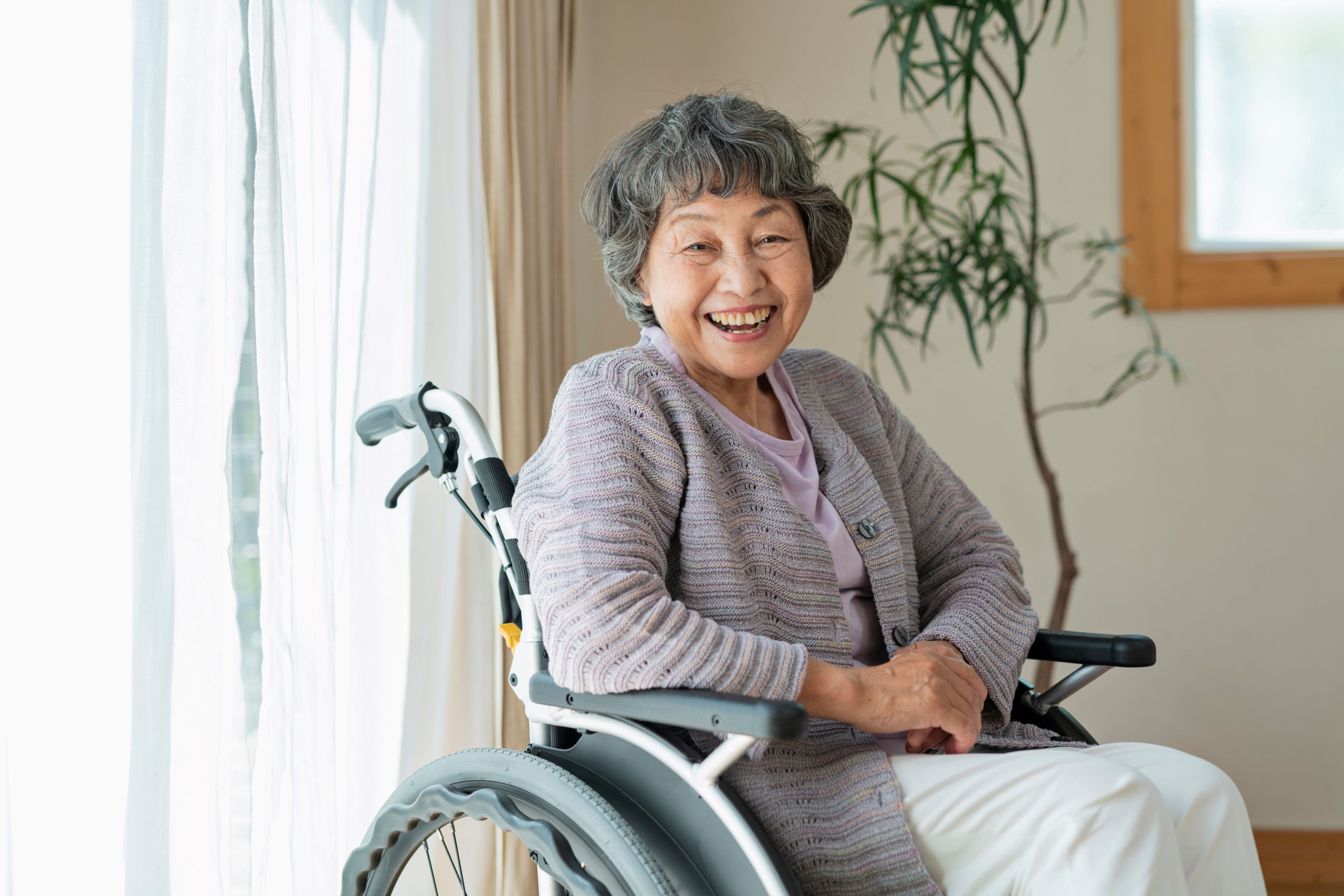Experiencing an injury within an in-home care setting can be devastating, especially when you trust caregivers to provide quality assistance to your loved one. Injuries in such environments not only cause physical harm but also emotional distress for both the elderly and their families. It’s essential to act quickly and follow specific steps to protect your loved one’s rights and ensure they receive the care and compensation they deserve. If you are located in New Jersey, particularly in areas like Bergen County, Englewood, Fort Lee, Hackensack, Ridgefield Park, or Teaneck, understanding the following steps is crucial to navigating the situation effectively.
1. Seek Immediate Medical Attention
The first and most critical step when your loved one experiences an injury during in-home care is to seek immediate medical attention. Even if the injury seems minor, having a medical professional evaluate the condition is essential for proper diagnosis and treatment. This also ensures that there is an official record of the injury, which is vital when you pursue any legal or insurance claims.
Whether your loved one is receiving 24-hour in-home care for the elderly or more intermittent support, ensuring their well-being is the top priority. Quick medical intervention can prevent the condition from worsening and help establish the timeline and nature of the injury, which may be important for future legal proceedings.
2. Document the Incident Thoroughly
Once your loved one has received medical care, the next step is to document the incident in detail. Write down everything you know about the injury, including the date, time, and circumstances under which it occurred. If possible, take photos of the injury and the environment where it happened. Document any conversations with the caregiver or agency providing the home care services for elderly, noting their explanations or reactions.
It’s also crucial to gather witness statements if anyone else was present during the incident. Comprehensive documentation provides a solid foundation for any legal actions or claims you may decide to pursue later.
3. Report the Injury to the Care Agency
If your loved one’s NJ in-home senior care is provided through an agency, report the injury to them as soon as possible. They have a duty to investigate the incident and provide an explanation. Make sure to request a copy of their internal report for your records.
In New Jersey, home care agencies must comply with specific regulations to ensure the safety of their clients. Reporting the injury puts pressure on the agency to take accountability and make necessary improvements to prevent similar incidents in the future. This also establishes a record of your communication and shows that you took prompt action, which can be critical if you later decide to involve an NJ personal injury attorney or NJ elder abuse lawyer.
4. Consult with a Personal Injury Lawyer
If the injury occurred due to negligence or inadequate care, consulting with a personal injury lawyer is a vital step. An experienced NJ personal injury lawyer can assess the situation and guide you through your legal options. They will help determine if you have grounds to file a claim and work to hold the responsible parties accountable. For residents in Bergen County, Englewood, Fort Lee, Hackensack, Ridgefield Park, and Teaneck, connecting with a local NJ personal injury attorney who is familiar with the area’s legal landscape is beneficial.
An attorney will review the documentation you’ve gathered, interview witnesses, and consult with medical experts to build a strong case. They can negotiate with the care agency and insurance companies on your behalf, ensuring you and your loved one receive fair compensation for medical expenses, pain and suffering, and other damages.
5. Request a Copy of Your Loved One’s Medical Records
In New Jersey, you have the right to access your loved one’s medical records. These records are essential for understanding the full extent of the injury and for documenting the type of care they received before and after the incident. Request these records from the hospital, doctor, or caregiver involved in the at home senior care.
Medical records serve as vital evidence when seeking compensation through legal means. They help establish a connection between the injury and the care (or lack thereof) provided, making it easier for your attorney to build a compelling case.
6. Explore Compensation Options
Injuries sustained in an in-home care setting can lead to significant medical expenses, emotional distress, and, in some cases, long-term rehabilitation needs. When pursuing compensation, a personal injury lawyer will explore several avenues, such as:
- Insurance Claims: If the home care agency has insurance coverage, your lawyer can file a claim on your behalf. This may cover medical expenses, lost wages (if applicable), and other damages.
- Legal Action: If the insurance settlement is insufficient, your attorney may advise filing a lawsuit. This can be especially relevant if the injury was severe or resulted from gross negligence. Legal action may result in additional compensation for pain and suffering and other long-term impacts on your loved one’s life.
In Bergen County and other areas of New Jersey, it’s essential to work with a lawyer who understands local laws and has experience in cases involving NJ care at home.
7. Monitor the Caregiver and Agency’s Response
After reporting the incident, closely monitor how the caregiver and the agency respond. Do they take steps to improve the quality of care, or do they become defensive and uncooperative? If you notice the latter, it may be an indication of ongoing negligence or issues within the agency. Your lawyer can use their response as part of the evidence to demonstrate whether the agency is taking adequate responsibility and steps to improve the care environment.
8. Consider Changing Care Providers
If the injury was a result of caregiver negligence, it might be necessary to change providers. There are many reputable agencies offering in-home senior care in areas like Englewood, Fort Lee, and Teaneck. Research and choose an agency that has positive reviews, is transparent about their services, and prioritizes client safety.
9. Evaluate the Need for Specialized Care
Depending on the severity of the injury, your loved one may require more specialized care moving forward. For example, if the injury leads to reduced mobility, you may need to explore 24-hour in-home care or specific physical therapy programs. Consulting with healthcare professionals and your personal injury attorney can help determine the best care plan that aligns with your loved one’s new needs.
Conclusion: Protecting Your Loved One’s Rights
Experiencing an injury in an in-home care setting is a serious matter that requires swift action. By following these steps, you can ensure that your loved one receives the necessary medical attention, legal support, and compensation they deserve. Working with a knowledgeable NJ personal injury lawyer in areas like Hackensack, Ridgefield Park, and beyond is crucial for navigating the complexities of the legal system and securing justice for your loved one.
Resources:
- After the First Fall: How to Make a Plan After an Elderly Loved One Falls – Homewatch CareGivers of Northshore
- Nursing Home Abuse and Neglect Law – Nolo




